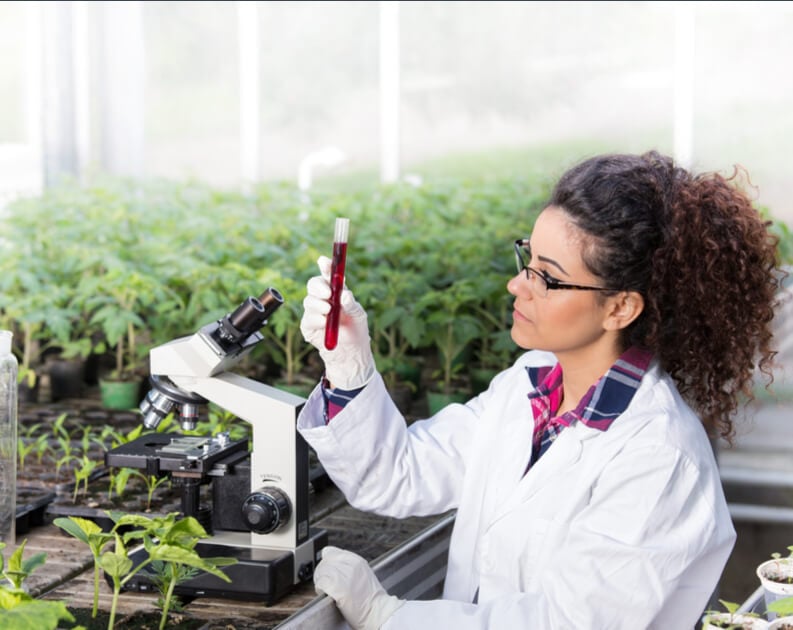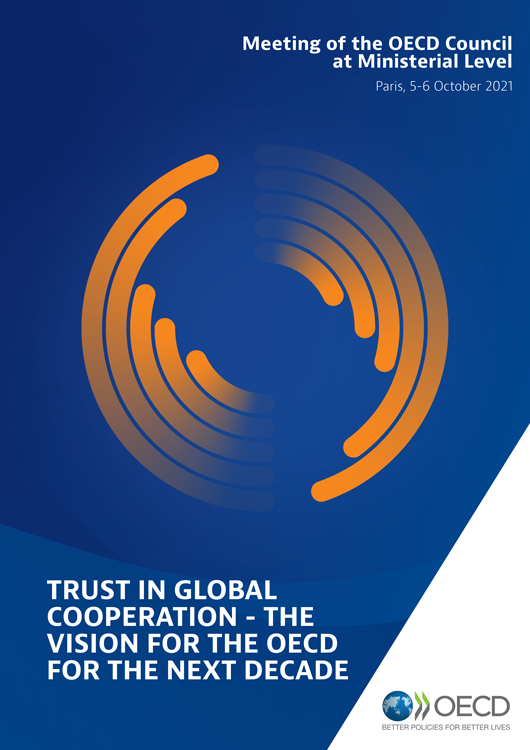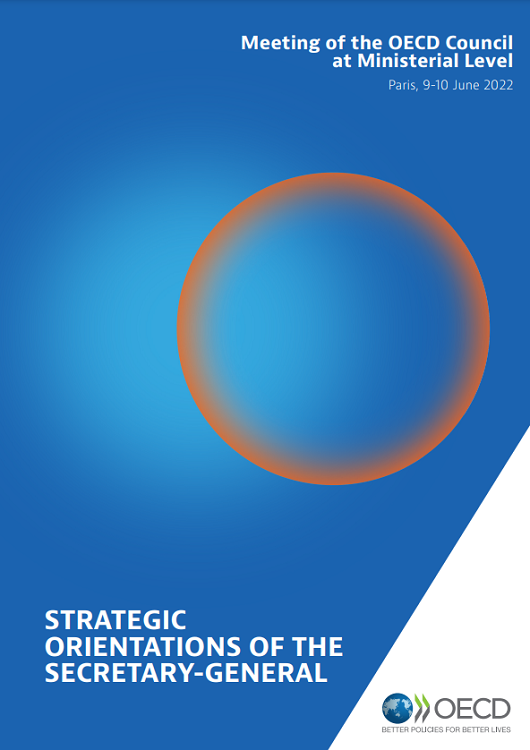
Keeping a close watch on chemicals
By collaborating on chemicals testing through a common OECD system and standards, countries are able to better protect citizens, animals and the environment, while saving costs.
What's the issue?
Chemicals are an integral part of our lives. They are present in things we use every day, from insect sprays to medicine, and from sunscreens to computers and insulation materials that improve energy efficiency.
Yet, while chemicals provide benefits, they can also damage people’s health and the environment. So governments have a major responsibility to ensure that chemicals are produced and used safely, and to require chemical companies to conduct multiple tests before chemicals can enter the market. Chemicals testing is essential yet often very resource-intensive and time-consuming. Testing one new pesticide can cost a company upwards of 22 million euros and takes the government roughly 2 years to review.
How are we addressing it?
The OECD assists countries in developing and implementing policies and instruments that make their systems for managing chemicals as efficient and robust as possible, protecting human health and the environment as well.
The OECD’s Mutual Acceptance of Data (MAD) System ensures that a test performed in one country is accepted in over 40 others. Without such a system in place, testing would need to be repeated in each country in which the chemical is used. Governments participating in the MAD system have confidence that chemical safety test data generated in other countries is reliable, if it complies with the OECD standards for testing and data quality.
What's the impact?
The OECD Guidelines on chemicals testing, MAD system and other OECD tools have led to a rise in savings for society by 75% since 2010, to more than 309 million euros per year. By getting together to address the same chemicals, countries reduce duplicating testing and remove non-tariff trade barriers. This ensures safer chemicals for people and the environment, and those chemicals are developed in a more efficient and sustainable manner. Not only is this cost beneficial, it also saves the lives of tens of thousands of laboratory animals, which are often subject to chemical testing.
The OECD programme also includes benefits like the exchange of information between countries on chemical accidents to identify prevention methods of preventing them or being better prepared, and harmonised tools to identify the risk of endocrine disrupters, that can affect people’s health.











